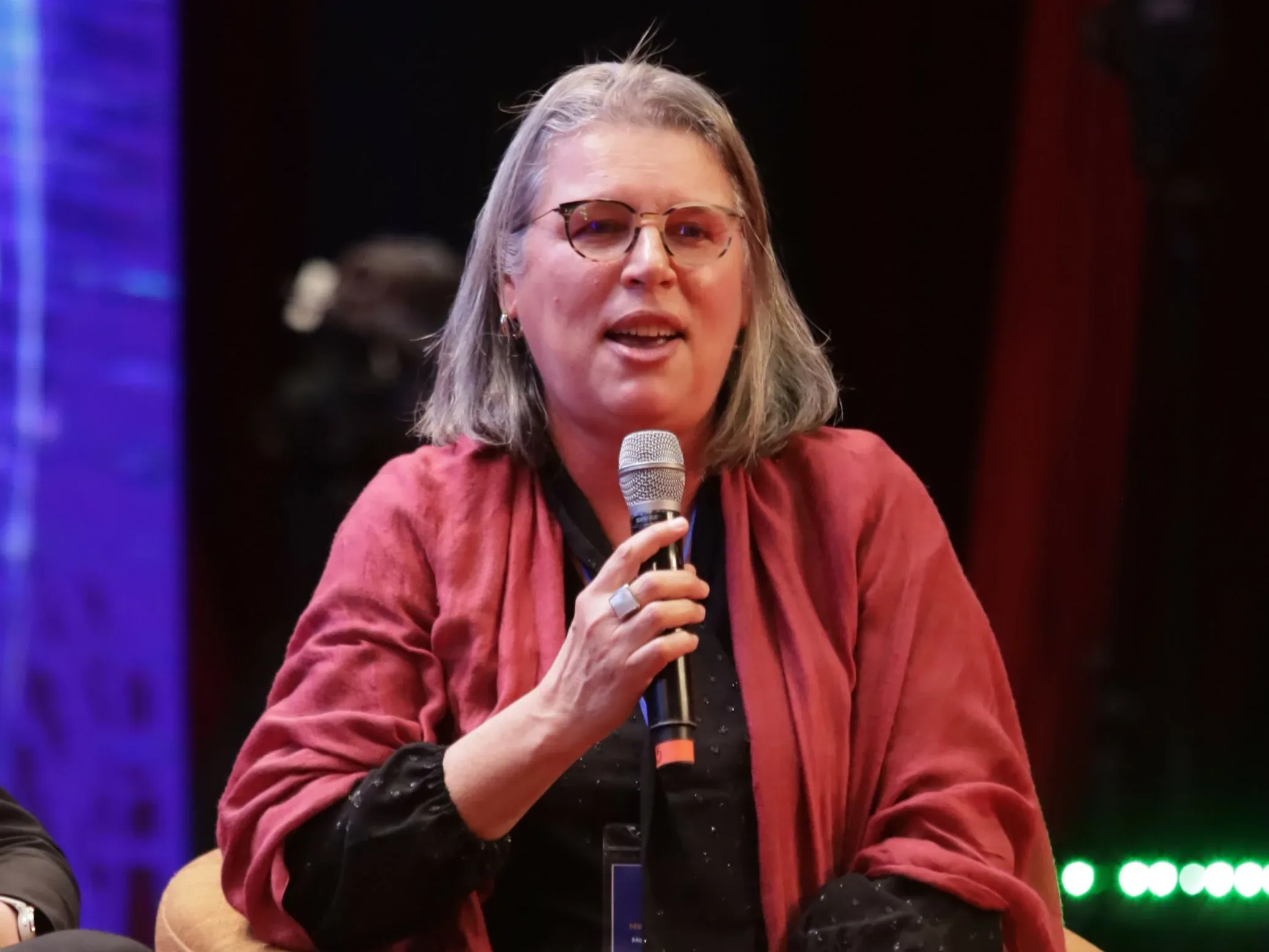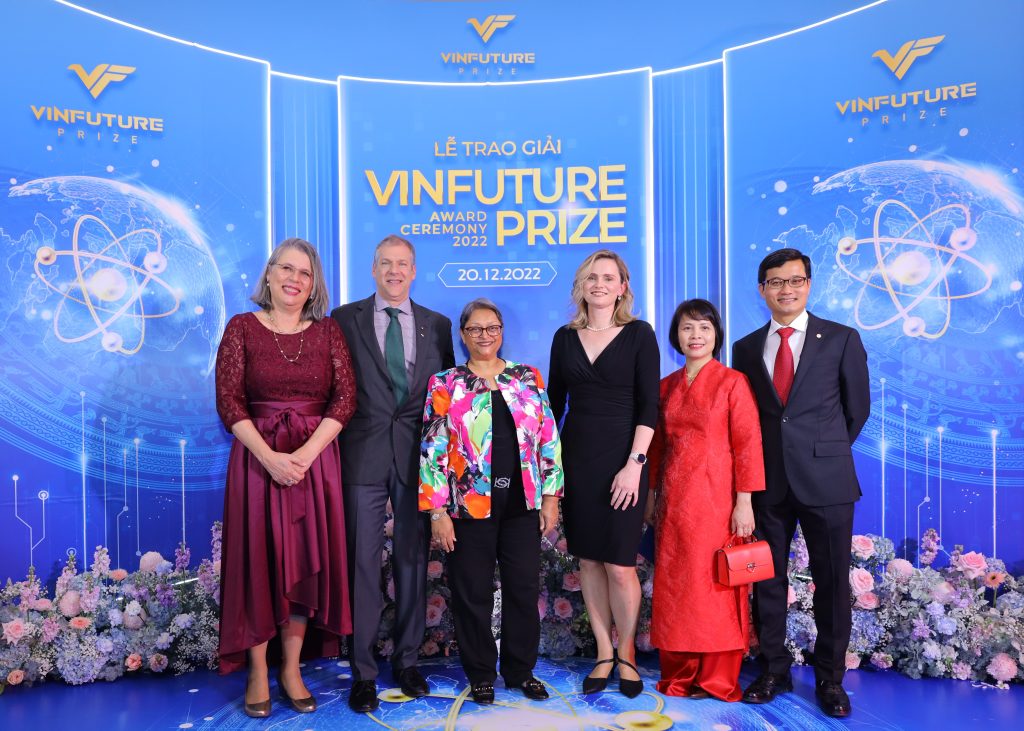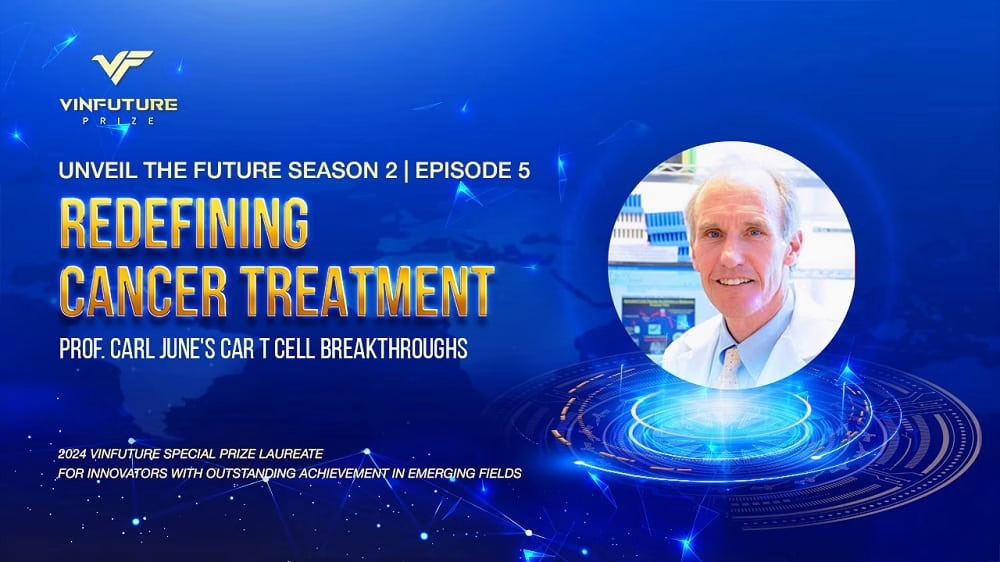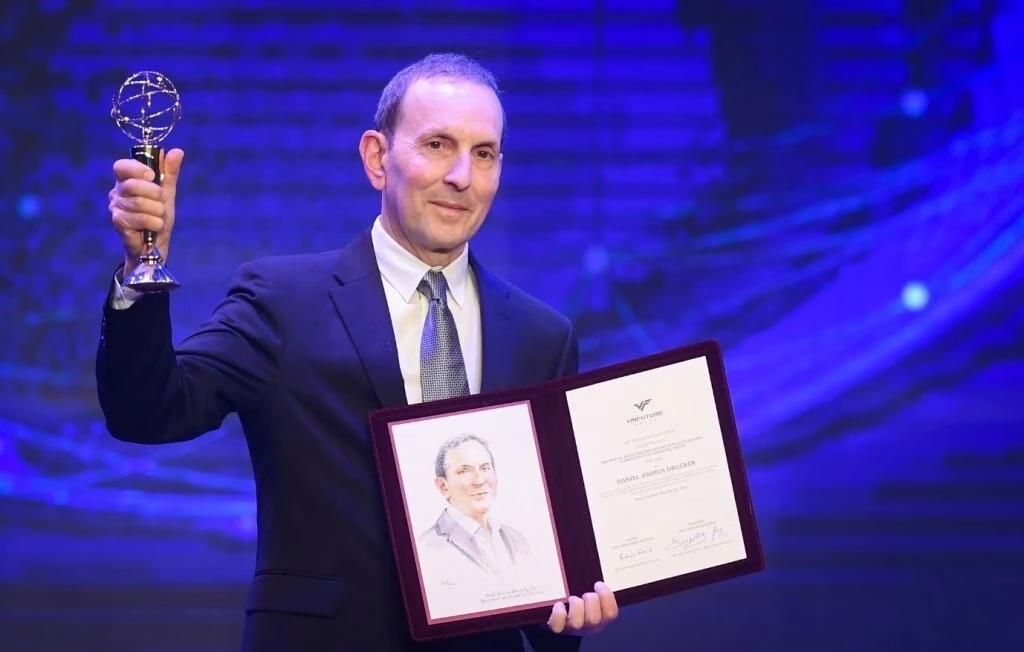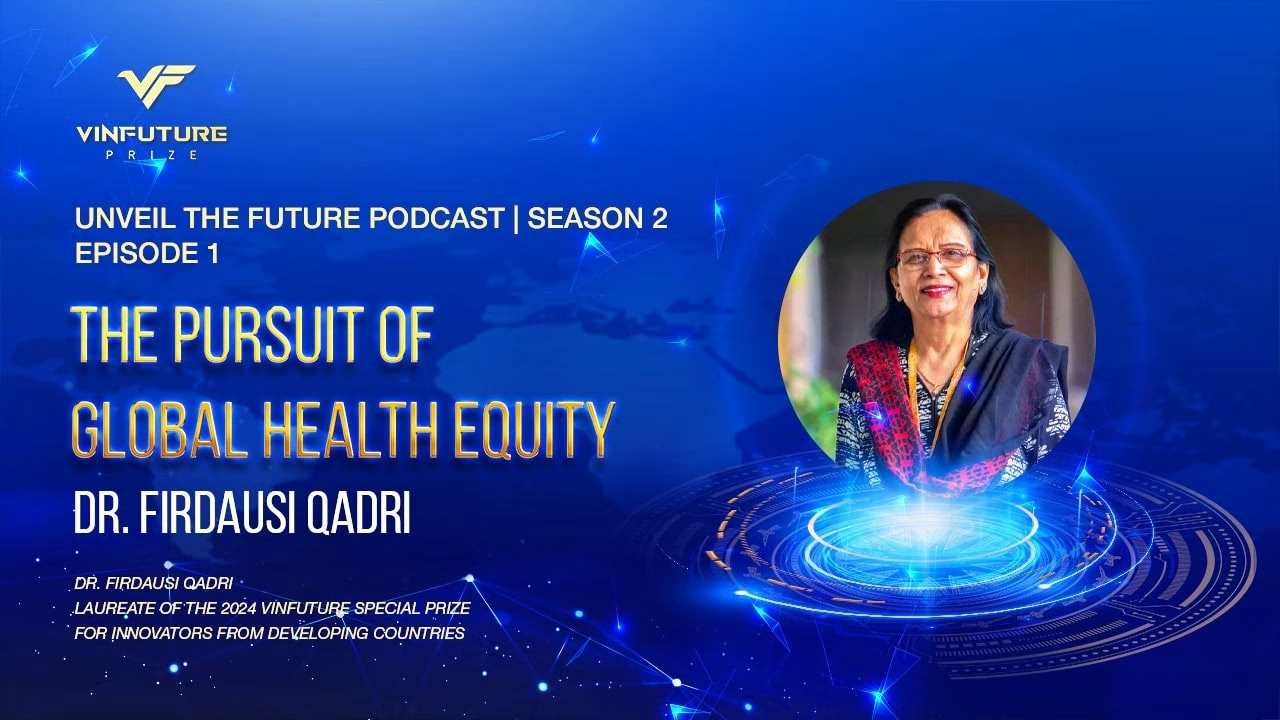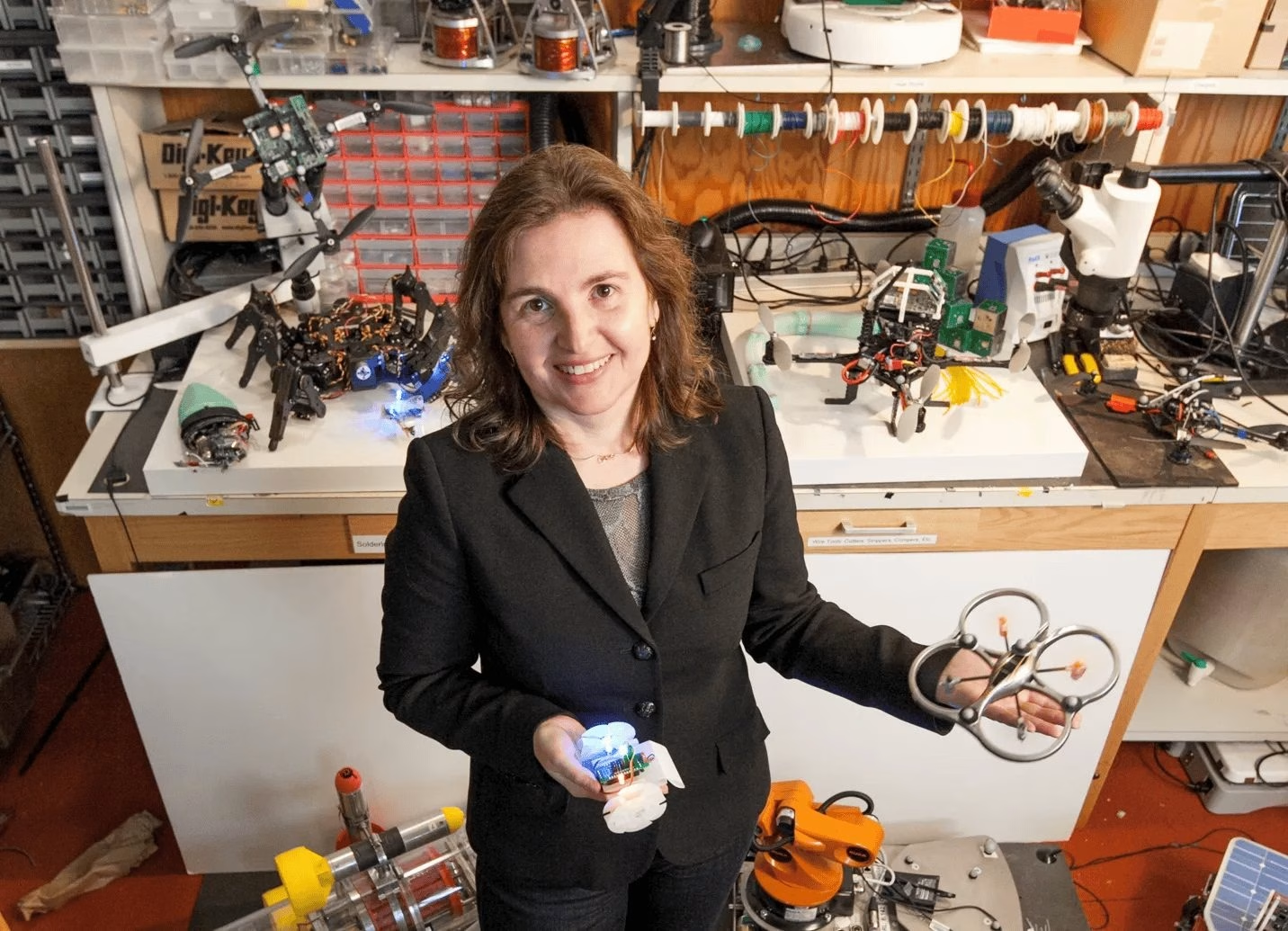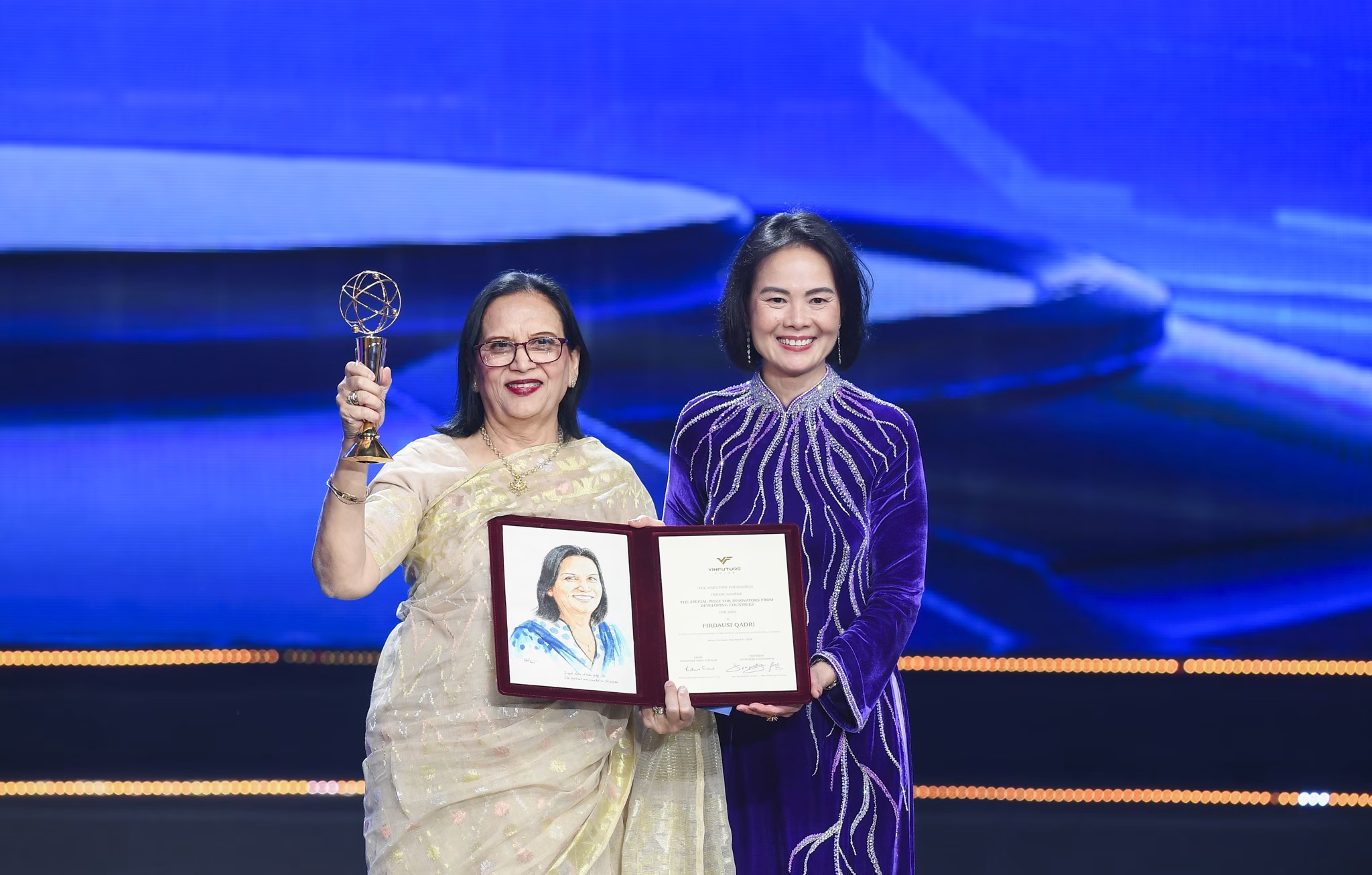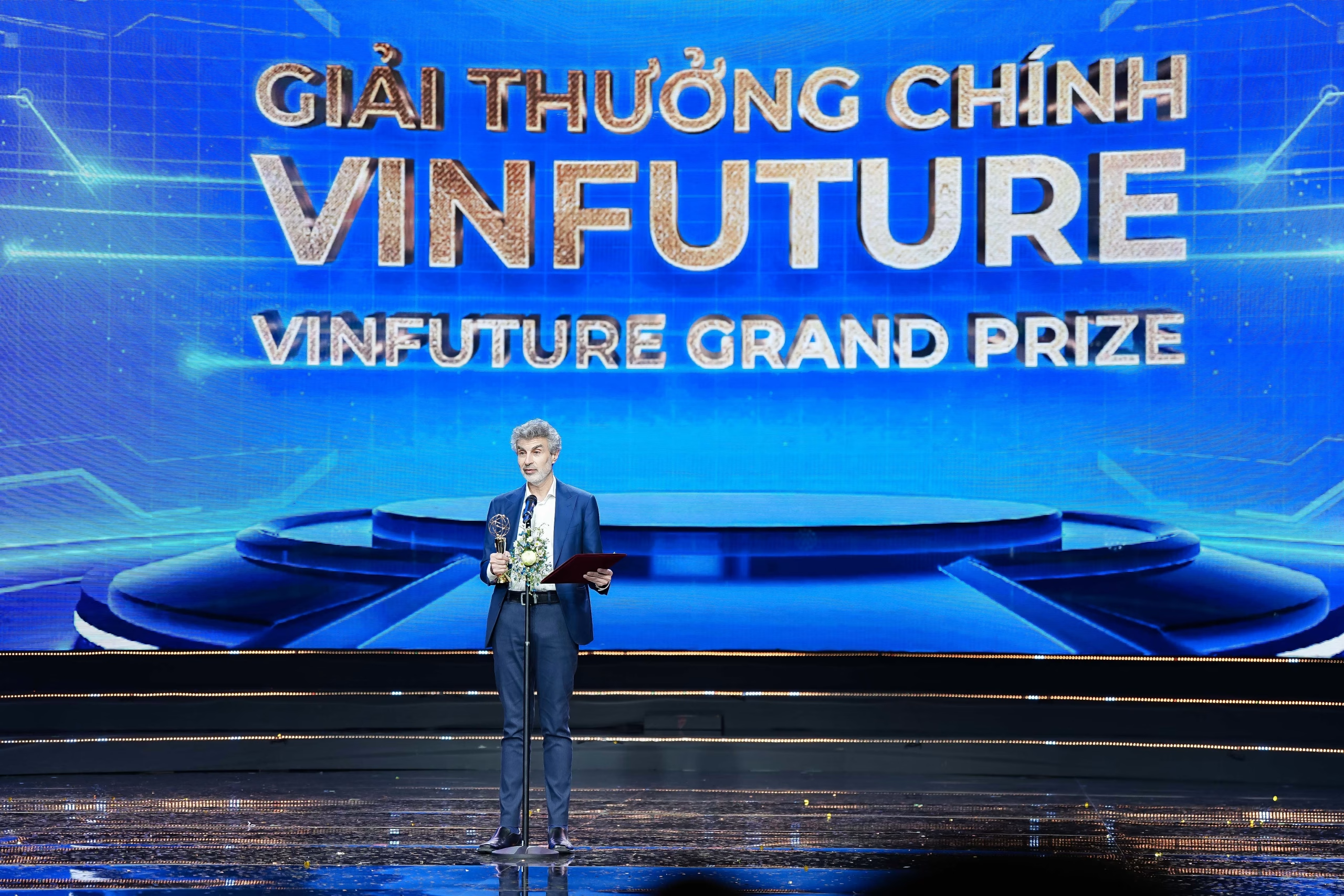Passion for physics
– My opening question will be very simple: Why physics? And how have you developed and nurtured your passion for physics?
– Professor Cotta: I’ve always loved science. As a kid, I didn’t recognize it as science. I vividly remember when the Americans landed on the moon, it was truly amazing for me, even though I was just a little kid and I remember how I used to gaze at the moon after that. I have always been fascinated by mysteries and understanding how things work. Although a long career in science felt too far away from my reality when I was young, physics intrigued me at that time as it permeates all sciences and describes how nature works. I simply loved it along with astronomy, biology, and many other subjects.
For instance, I wanted to study oceanography because of my admiration for Jacques Cousteau and his documentaries about the oceans and his expeditions on his boat. However, only two universities in Brazil offered that course, and it was financially unfeasible for me to attend. That left me with limited options. Fortunately, I lived in Campinas, a city with an excellent university where I could afford to study and that’s how I ended up pursuing physics as my first option.
– What’s the biggest turning point or memorable incident for you in your career? In your research career, why did you choose to focus on nanomaterials?
– Professor Cotta: To be honest, I’m not very involved in nanomaterial synthesis now. The shift happened because of my enduring passion for biology. After completing my master’s degree in medical physics, I decided to pursue a Ph.D. However, due to various factors, including family-related matters, I had to change research topics. This led me to delve into semiconductor materials during the late 1980s and early 1990s when nanotechnology was emerging and we were downsizing devices.
It was a natural progression to explore semiconductor nanomaterials as quantum dots were making their debut during my Ph.D. studies. Consequently, my research expanded to encompass microscopy and other related subjects. Eventually, I found myself returning to biology, coming full circle to my initial interest.
However, I approached it from a materials science perspective, utilizing nanomaterials to conduct experiments that complement the work of biologists and offer unique insights. Now, I primarily utilize nanomaterials as a tool rather than focusing on their synthesis and crystal growth, as I did in the beginning. This turning point broadened my perspective on the potential applications of materials, leading me to feel a sense of belonging to the Materials Research Society. It took several years to reach this realization, as during my Ph.D. and postdoctoral studies, I was primarily focused on a specific area of research.
Additionally, I had the responsibility of raising two children, which caused some delays in my career progression due to family obligations. However, when you gain a broader view of your field and its possibilities, you have the choice to pivot and pursue the aspects that truly interest you.
– How important is the support of family and society in the career journey of a female scientist?
– Professor Cotta: I have friends who have chosen not to have children or who have been married multiple times. However, in my case, my family holds immense significance. They are my foundation, my everything. I have experienced various challenges and hardships related to my family, including health issues and responsibilities that I didn’t necessarily want to shoulder. I am aware of how these circumstances have affected the progression of my career. It took me longer to reach certain milestones compared to my male colleagues, who achieved them in a span of 10 years, whereas it took me at least 50% more time. Although it was a lengthier journey, I have no regrets. Yet, I recognize that women face additional barriers and it feels like we are constantly battling to overcome obstacles. As a director, I attempt to navigate these challenges by pushing boundaries.
For instance, I recently discussed with the Dean of Undergraduate Research in our Institute about the importance of providing women in Brazil with some additional time after maternity leave (which in Brazil means 4 to 6 months of paid leave). As a professor, the workload doesn’t necessarily diminish when you have a baby. Even if you are officially on leave for up to six months, responsibilities with students and funding agencies can’t be put on hold. Furthermore, upon returning to work, you find yourself dealing with a mounting workload that accumulated during the time you were caring for your child. So, we proposed a solution. Why not grant an additional six months where the mother doesn’t have to teach? This simple rule would provide extra time for mothers (or fathers, in the case of single fathers) to better handle their responsibilities and obligations in research and advising students, as well as cope with the child’s needs. This idea was proposed by a male colleague with whom I was discussing these issues, and I was delighted by his suggestion.
These issues must not solely be a concern of women; changes need a collaborative effort. These kinds of initiatives can be more easily pursued when women hold positions of influence where we can bring forth different perspectives and drive positive changes. Returning to your previous question, this is why it is crucial to have women in positions where they can advocate for such decisions. As for me personally, my family holds immense importance in my life. I can’t even fathom losing my father, who passed away during my Ph.D. Even after more than 30 years, I still deeply miss him.
Female leadership principles
– You are the first woman ever to assume the top leadership position at both the Brazilian Materials Research Society (B-MRS) and at the Institute of Physics in your university. Have you faced any obstacles? How have you overcome them?
– Professor Cotta: I encountered obstacles throughout my journey, especially in the field of science and even more so in physics. The representation of women in physics is still only around 10% and there have been numerous obstacles to overcome.
I recently listened to a colleague’s talk in Switzerland, who is around the same age as me. She discussed the barriers she faced in Switzerland, which reminded me of similar experiences. It seems that women in science face common obstacles, which are often tied to cultural factors, motherhood, and other challenges that females are more likely to encounter when pursuing such positions. Honestly, I have no idea how I managed to achieve my current position. What I did was stay true to my beliefs and principles, even when faced with disagreement.
While I engage in discussions and arguments, I always defend what I believe to be right. Apparently, this conviction resonated with people and contributed to my success. I was the first female president of the Materials Research Society in Brazil. However, considering that the society is relatively young, only 21 years old, I am perhaps the sixth or seventh president. The term of presidency lasts for two or four years, depending on the circumstances. It’s a relatively young society, and I hope to see more women in the field of materials science, as it encompasses chemists, biologists, engineers, and scientists from various disciplines.
As for the Institute of Physics, what I can say is that I have always advocated for what I believed was right, not just for myself, but also for students and employees, fighting for common goals, not for my own benefit. I believe this played a role in gaining the support of others. I simply followed my intuition and remained true to my principles.
– Now you’re in a leadership position. What are your leadership principles that help win the hearts of your employees?
– Professor Cotta: I never considered myself a leader. Honestly, it never crossed my mind. However, about three weeks ago, a male colleague approached me and expressed admiration for my leadership skills. I was taken aback and thought to myself, “Wow!”
Let me share a bit about my principles. I was born in Brazil, which is still poor. When I was growing up, I couldn’t afford to study wherever I wanted. Despite these difficulties, my father supported me throughout university. Neither of my parents had the opportunity to attend university. Moreover, during my time as a student, I witnessed the poverty in Brazil firsthand. I engaged with social movements and experienced the importance of responsible use of public funds to create a fair society. Although we haven’t fully achieved that goal yet, I have witnessed significant progress in the country.
Given this perspective, I made the conscious decision to return to Brazil instead of staying in the United States. Family played a significant role in my decision, but I believed that, as a Ph. D. in Brazil, I could make a much larger difference than if I had a job elsewhere in the world. I wanted to make a contribution to the public scholarships that supported me during grad school. Therefore, this was the right decision, and one that aligned with my values. I have always believed that whatever we do, it is crucial to do it well.
I often emphasize this to others, regardless of their field—whether it’s material science, physics, biology, or any other discipline. It’s not about what you do, but rather how well you do it. Science needs quality; bad science can actually do much harm, as history shows. Strive to excel in your scientific endeavors and maintain honesty in your interactions with others. These principles have guided me, and I don’t actively think about leadership. Yet, somehow, people recognize something commendable in me which I attribute to adhering to my principles and staying true to myself.
